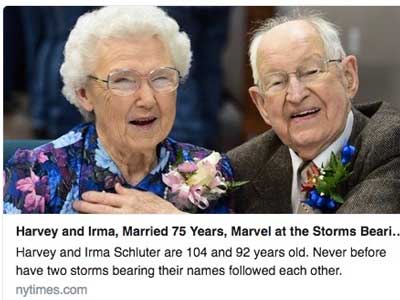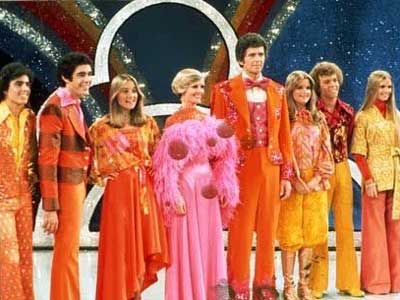We forget, don’t we?
We forget what real people go through every day.
We forget the messages they are bombarded with, the struggles they face, the negative influences on their kids.
Real people perceive your radio station within the context of their lives. Often they tune in to get away from the negativity, to be affirmed for the good in people, and to be reminded of the hope we can have through our faith.
The recent hurricanes in Texas and Florida remind us with every event heroes emerge. Yes, the front page is often filled with stories of villains, but our stations have other stories to tell.
“When I was a boy and I would see scary things in the news, my mother would say to me, Look for the helpers. You will always find people who are helping. To this day, especially in times of disaster, I remember my mother’s words and I am always comforted by realizing that there are still so many helpers – so many caring people in this world.”
~Fred Rogers
J.J. Watts used his football fame to raise more than $37 million for hurricane victims in Texas. Houston icon Mattress Mack turned his 100,000 foot furniture showroom into a shelter for those left homeless. Rusty and Jeff are not famous; just a couple of guys with a bass boat, but they are heroes to my friend Ty McFarland after rescuing his family from their flooded neighborhood.

Maybe it is easier for us to see the heroes in extraordinary times but maybe it is just as important to tell the stories when times are ordinary.
With every 9th caller to win a family four-pack of cardboard there is a hero.
With every mom or dad trying to surround their children with positive influences there is a hero.
With every routine traffic accident, with every mundane weather report, with every insignificant time check, someone is being a hero to someone.
But we forget, don’t we?




